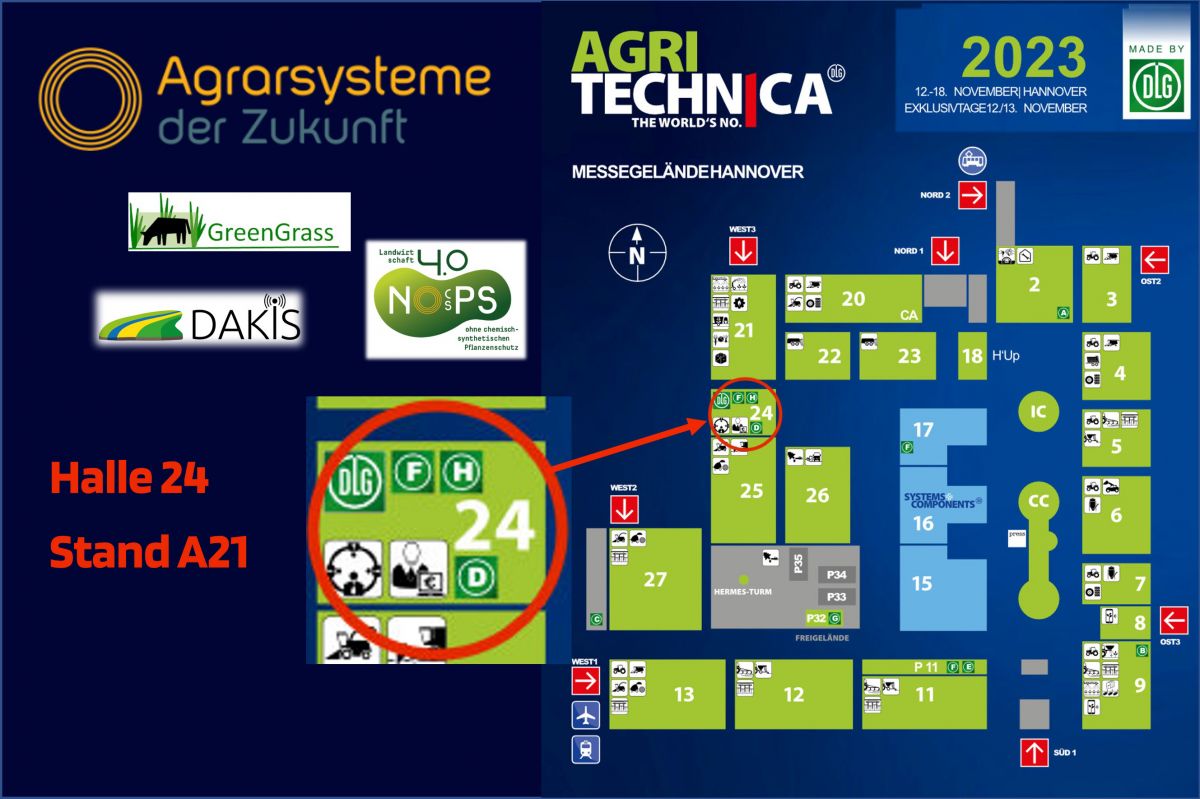"As the »Agricultural Systems of the Future« funding program, we are aiming for a fair, reliable and responsible agricultural economy from rural to urban areas that focuses on people and the environment. It is the basis for sustainably produced food on every plate.
In the future, social, ecological and economic aspects will be integrated along the entire value chain in the interest of a sustainable bioeconomy. In this context, the »Agricultural Systems of the Future« offer sustainable, resilient and flexible solutions from rural (rurals) to urban (cities) areas.
The conservation and promotion of biodiversity and soil health take a central role in the »Agricultural Systems of the Future«. Ecosystem services will be incorporated and considered in all agricultural management decision-making processes. The fields are buzzing and chirping again. The long-standing maxim of "more yield" and the exclusive focus on cash crops have been replaced by regional, site-adapted, diversified and small-scale farming systems. These farming systems are managed in particular by precision farming and autonomous and networked machines. These machines receive their information from sensor systems on the ground, in the air and in space. Fertilization and irrigation are thus applied according to the individual needs of the plant, and synthetic chemical pesticides (csPSM) are no longer used.
In our future image, cows will once again be out in the grassland. This is enabled by intelligent pasture management with the help of virtual fences and remote sensing technologies. It replaces intensive animal husbandry and thus protects and promotes the valuable ecosystems of grasslands and contributes to greater animal welfare.
Nutrients from biowaste and domestic wastewater are recovered and used to produce safe fertilizers for urban and rural agriculture. In this way, nutrient cycles between urban and rural areas can be closed. The potential of nutrient recovery from wastewater for establishing sustainable production systems is fully exploited. Conventional wastewater treatment plants provide important nutrients for hydroponic production in urban areas, in addition to providing farm and irrigation water.
In modular, intelligently connected and communicating production units, food production can integrate flexibly into the urban environment. Various indoor cultivation methods are integrated into new process chains. The targeted recycling of residual materials helps to ensure that food sources are fully recycled in accordance with the zero-waste principle and that almost no waste is generated along the food chain.
Sustainable and flexible agricultural production in urban areas, from the self-producing context to the urban dimension, keeps value chains and distances short. At the same time, urban production areas do not compete with limited living space or rural production. Complementary production systems are developed for alternative organisms that tolerate saline conditions and serve as nutritionally valuable raw material sources for innovative food products. A wide range of protein alternatives reduces the need for conventional animal sources with high carbon footprints.
We the »Agricultural Systems of the Future« are creating model solutions, prototypes, and real labs that will turn our vision into reality through a transformative process. With our transdisciplinary, participatory and holistic approach to collaborative research, we aim to break down and revolutionize linear production structures. Intelligent networking leads to greater sustainability of the entire agri-food sector. The spatially as well as functionally diversified production systems harmonize contradictory goals in spatial and land use. Energy and material cycles are closed and recycled according to the principles of a sustainable bioeconomy.
In addition to food production, agricultural farmers make an active contribution to achieving climate and sustainability goals for society as a whole. Their work is appreciated and they are treated with respect and recognition. Technologies have greatly reduced the workload of agricultural farmers and contribute to a good work-life balance. A career in agribusiness is an attractive career goal for many young people."

